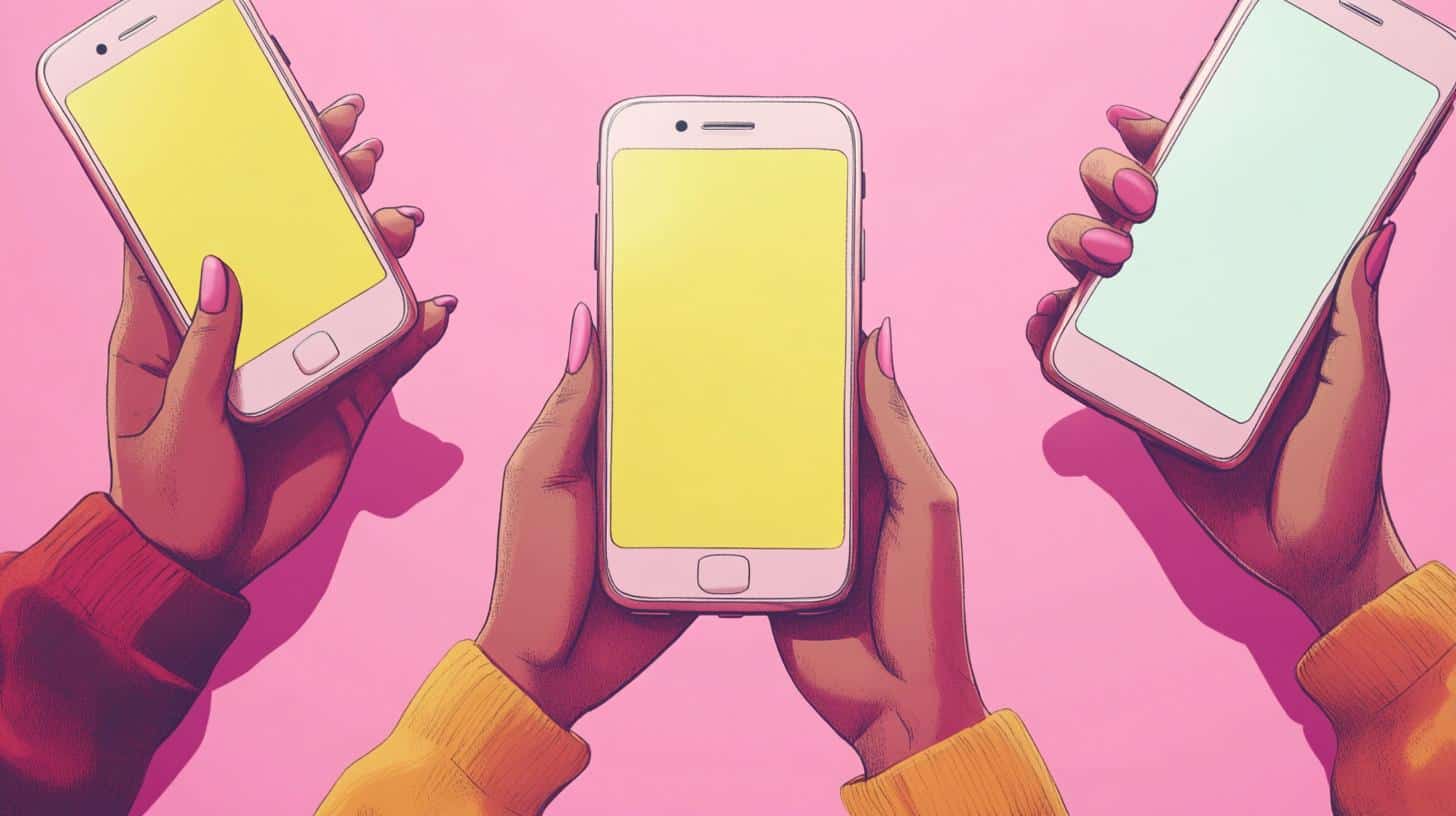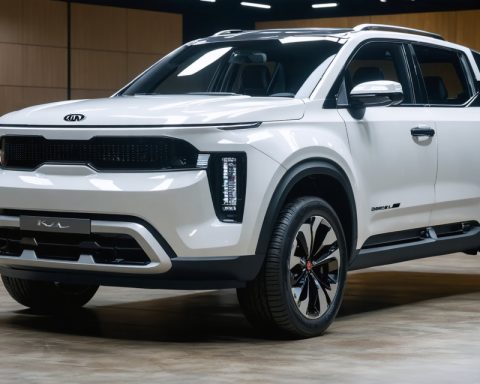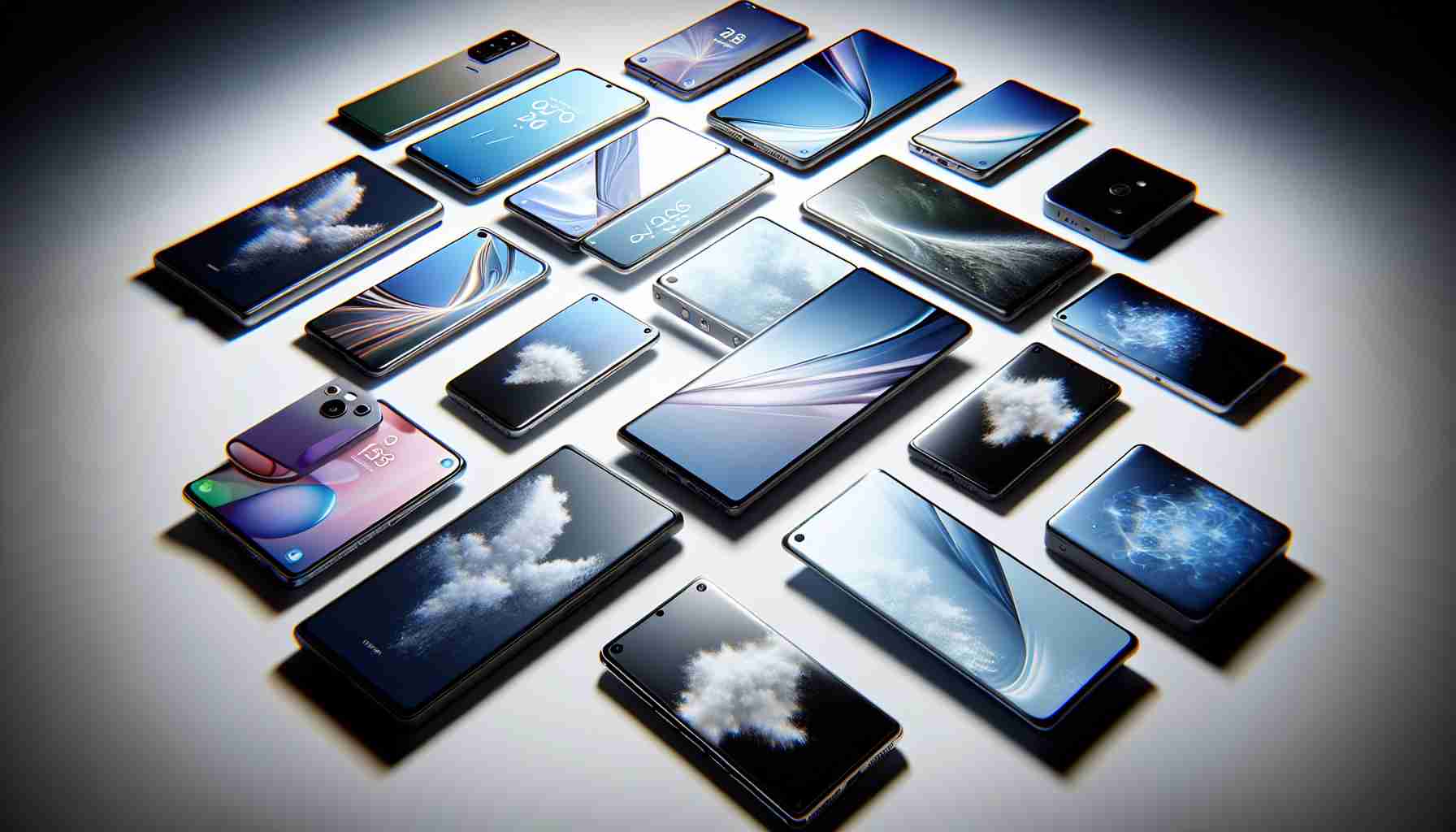In today’s digital era, when communication is dominated by messaging apps and social media platforms, one might wonder if having a phone number is still a necessity. Despite the availability of numerous online services, a phone number remains an essential component of modern life for several reasons.
Firstly, a phone number acts as a unique identifier, crucial for receiving traditional phone calls and text messages. This is particularly important in emergencies when stable internet connections might not be available. Emergency services rely heavily on phone numbers to trace calls and provide timely assistance.
Secondly, many online platforms use phone numbers for security purposes. A phone number is often required to set up a new account, providing an added layer of security through two-factor authentication (2FA). This method enhances account protection by sending a verification code via SMS, thus reducing the risk of unauthorized access.
Moreover, phone numbers facilitate business communications, playing a pivotal role in professional interactions. Companies often use them for customer service, ensuring they can reach clients efficiently and vice versa. In sectors where email might be too impersonal or slow, direct phone communication is invaluable.
Lastly, for many, a phone number is still integral to personal connections. While social apps are widespread, many people, especially older generations, still prefer the simplicity and familiarity of a phone call.
Therefore, while digital advancements continue to transform how we communicate, having a phone number remains a fundamental aspect of both personal and professional interactions.
Is the Phone Number Getting Obsolete? Discover the Untold Impacts!
In an age dominated by instant messaging and social media, the traditional phone number still plays a vital role, albeit with some unnoticed nuances. Beyond being just an emergency lifeline or a business necessity, the phone number’s realm of influence extends further.
Innovative Uses: Did you know that phone numbers are increasingly woven into the fabric of modern technology? For instance, they are pivotal in the IoT (Internet of Things), where devices communicate through cellular networks. Imagine smart refrigerators or connected cars—these often rely on phone networks, where a number can act as a connection point.
Privacy Concerns: A significant controversy surrounds the role of phone numbers in personal data exposure. They’re often requested by apps and websites, potentially leading to privacy breaches. How many times have you signed up for a free trial and wondered, “Is my data safe?”
Are Phone Numbers Detrimental or Beneficial? One advantage is inclusivity. Worldwide, billions of individuals access essential services through phone-number-linked banking or healthcare portals. However, for disadvantaged communities without easy access to telecommunications, reliance on phone numbers remains a barrier.
Curious About Changing Trends?: As tech evolves, will phone numbers eventually fade? Explore these exciting developments on TechCrunch.
While the allure of flashy tech surges, the humble phone number perseveres, carrying with it unmatched convenience and a few quandaries. Are we ready for a future without it, or can it continue to evolve to meet our needs?










